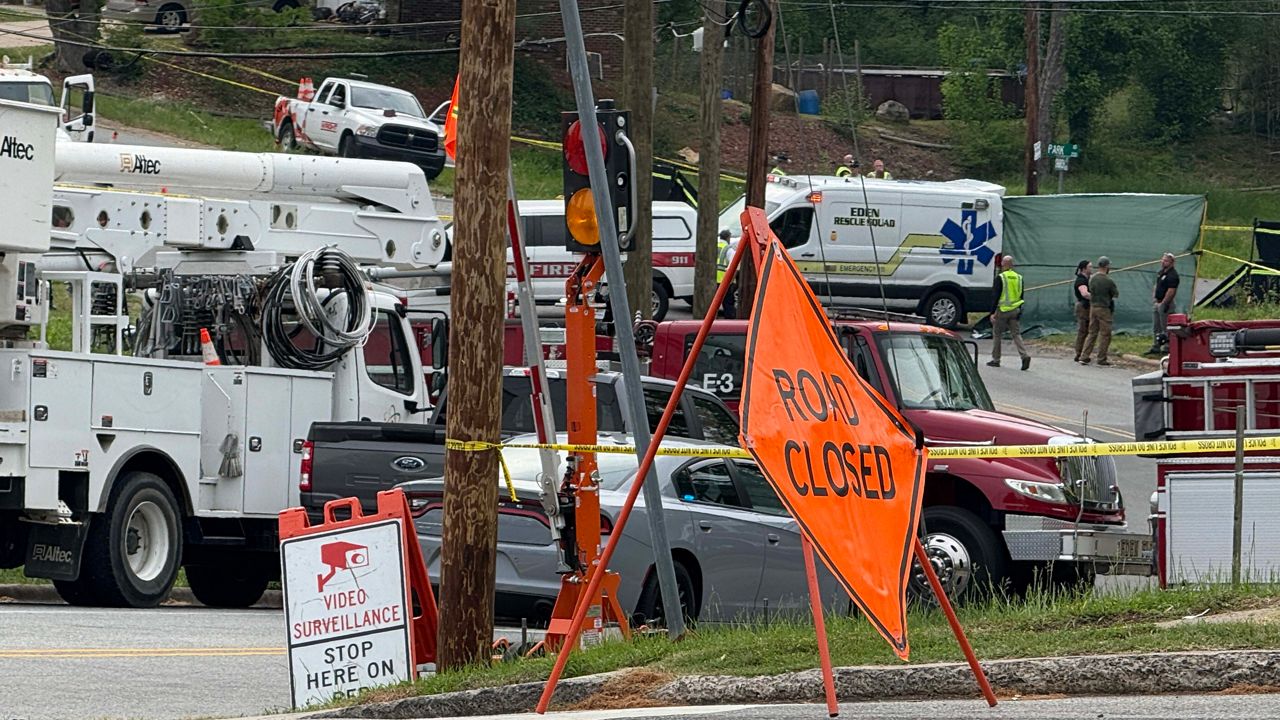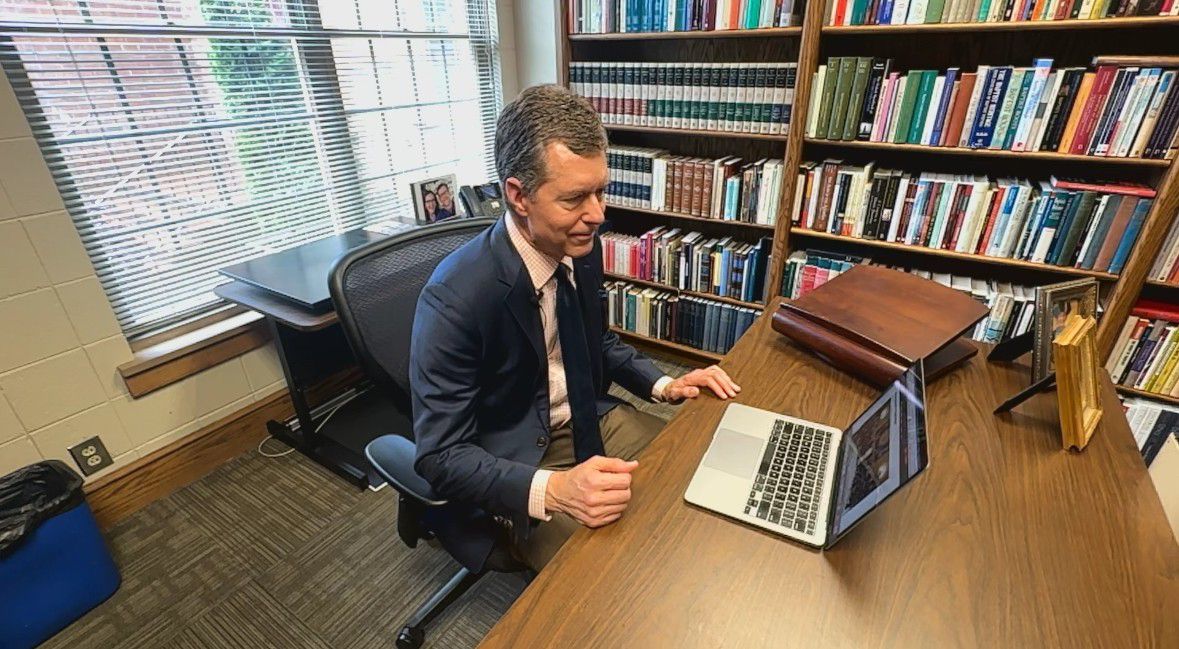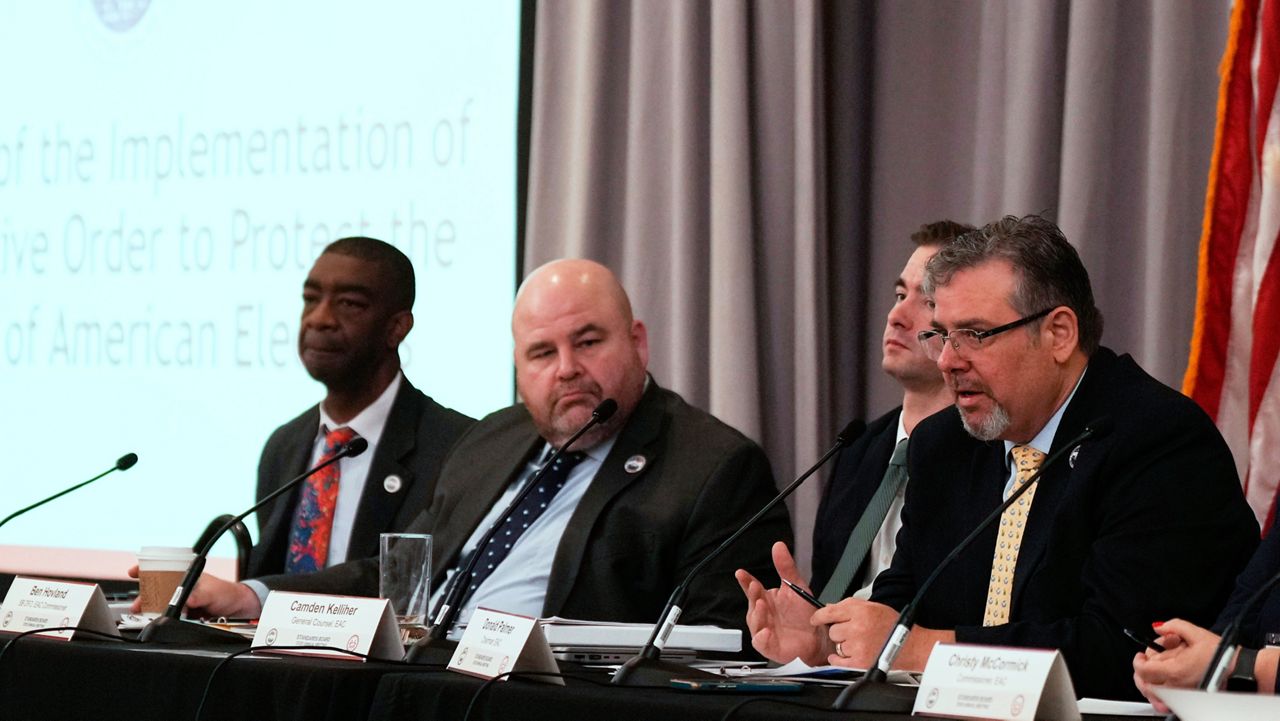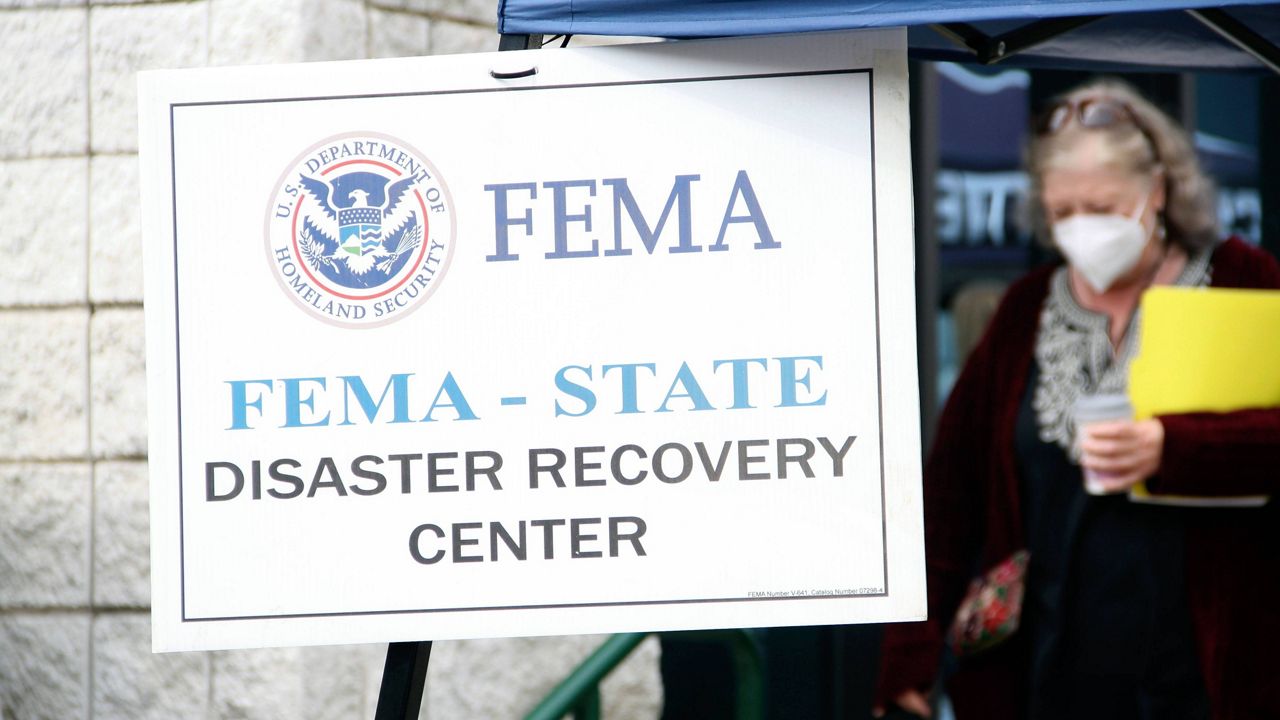It's been a year since a 12-year-old died while in the care of Trails Carolina, a wilderness therapy facility outside of Asheville.
The death was ruled a homicide, and no criminal charges were brought against the camp. Former residents and legislators have since worked to shed light on the concerns surrounding the troubled teen industry.
Over the past year, Spectrum News 1 has interviewed three former residents at Trails Carolina. They all share a similar experience after being released.
For Georgie Cash, Dec. 17, 2017, is a day they'll never forget.
It was the day Cash arrived at Trails Carolina after multiple failed attempts to fix psychological troubles through other resources.
Cash was adopted at a young age, and also identifies as queer, which they believe contributes to the disagreements at home.
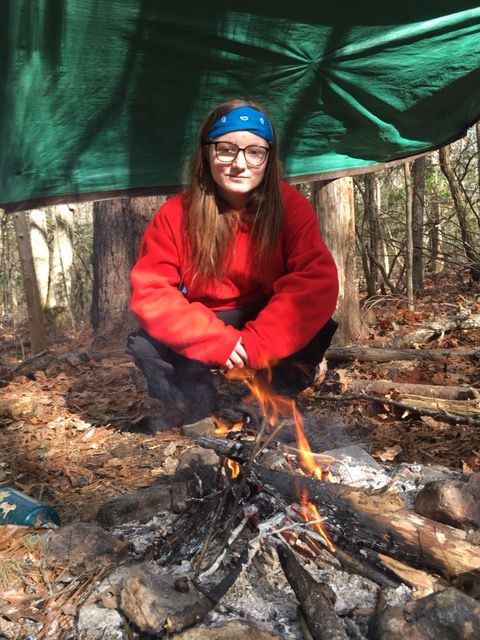
However, the breaking point to send Cash to Trails wasn't either of those reasons.
“The defining moment was when I really looked at my parents and was like, ‘I am severely depressed. I don't see a future at this point in time, and I don’t know if I can keep going,'" Cash said.
Like others interviewed Cash's arrival to Trails was described as foreign and scary, especially for a then-15-year-old.
“As we were driving, they had the child lock on, I didn’t have a way to escape I felt very trapped," Cash said.
The 12-year-old who died last year had only been at the facility for 24 hours, according to the medical examiner's report. While Cash describes their experience as traumatic, they are thankful for a different outcome after release.
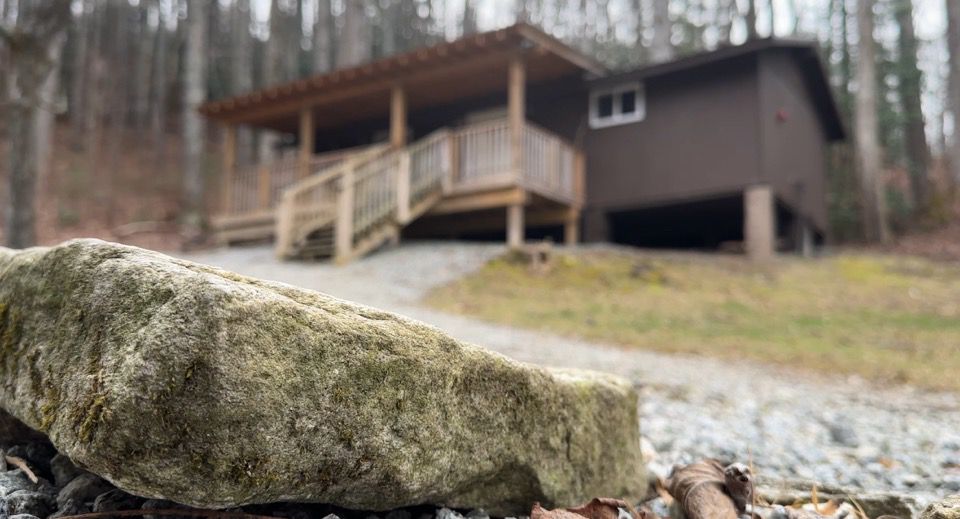
“I think back to all the students that I was with, and I'm like, it could have happened to any one of us. And that's terrifying," Cash said. “Scenarios kept happening where I was like, this is not OK to happen. This is not normal. This is not a healthy therapeutic setting. I am actively being more traumatized. And I would say the fear has only grew the longer I stayed there, and I still unfortunately have it to this day, like years later."
Trauma that has bonded former residents together.
Last year, Spectrum News 1 interviewed Vic Mitterando, who also attended Trails in 2017. Mitterando and Cash's paths crossed during their stay, later forming a friendship from the experience.
The two claim that part of the treatment they experienced required long hikes in frigid weather with limited clothing and food.
"If we wanted to eat we had to build a fire. Most of the time it was beans and rice or tuna but nothing with substance," Cash said. "I still get PTSD from smelling tuna to do this day."
They also claimed the staff would not allow them to use the bathroom when they needed to.
They said they were also placed in "burritos" as the residents called it, or more accurately Bivy's, when they misbehaved.
According to REI, Bivy shelters are low-rise tents that include mesh panels attached to the head opening, plus poles or hoops that lift fabric off your face.
It's the same device that suffocated and killed the 12-year-old, according to investigators.
The investigation revealed that the bivy used on the 12-year-old was defective and the mesh portion was broken.
Cash recalls being in a bivy too, and the emotions that came with it.
“It felt like I was suffocating it. I had a few panic attacks just being in the burrito because the feeling of not being able to escape is horrible," Cash said.
Inspection reports from the North Carolina Department of Health and Human Services show the facility had at least five deficiencies from 2019 to 2023.
Some of those concerns were the use of restraints. State officials wanted them to change training methods that used restriction to instead use alternative intervention.
The death of a 12-year-old last year is the second reported death at Trails since it opened in 2008.
Reports show in 2014, a 17-year-old died after attempting to run away.
"If I'm being honest, I'm not shocked that another kid died. I feel for the family because I can't imagine going away for rehabilitation and my family getting a phone call," Cash said.
Trails Carolina responded with this statement:
“The loss of a child is an incredible tragedy. Our hearts have been, and will continue to be, with the family and all those affected. We hope that now, a year later, the family and everyone involved will finally be given the space to process and heal.
“Trails Carolina provided clinical services to over 2,700 students over the years, many of whom report positive, life-changing experiences. We hope these positive stories may also receive the recognition they deserve.”
In the meantime, the Stop Child Institutional Abuse Act became law in December. It requires the Department of Health and Human Services to contract with the National Academies of Sciences, Engineering, and Medicine to study and make recommendations about various aspects of youth residential programs.
Specifically, the National Academies must identify the nature, prevalence, severity and scope of child abuse, neglect and deaths in youth residential programs.
The property of Trails is currently up for sale. Cash tells Spectrum News 1, they're relieved to hear that the facility has shut down but worries about the other facilities that are still running state and nationwide. Cash believes these facilities could serve a purpose, if there were changes to how they're run.
“I would definitely say heavier regulations on the troubled teen industry. I wish there was someone that you could call that could go to these programs and investigate, like these allegations of abuse or anything because I do think these programs could help teenagers and people who are struggling in general. I think they could be good," Cash said.






